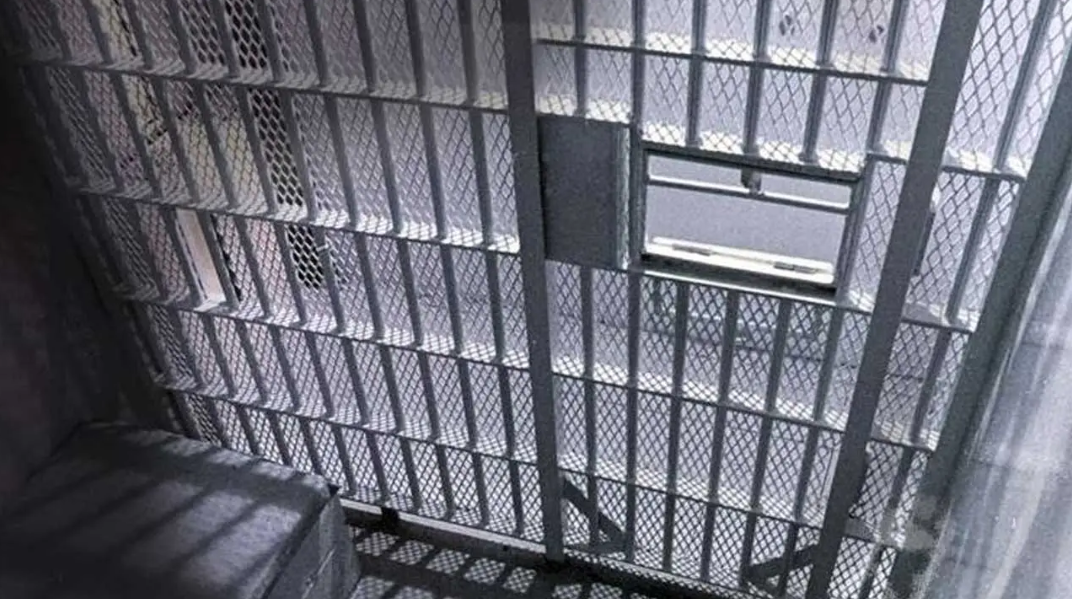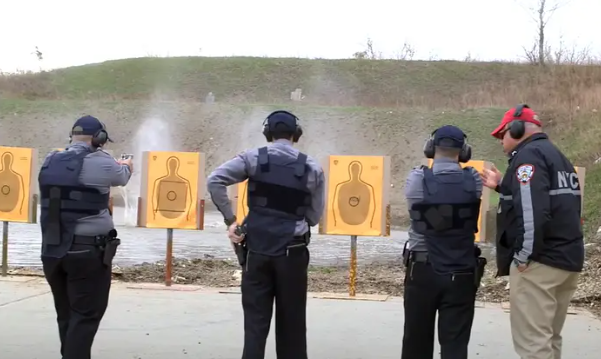Most jail facilities perform prisoner sight checks by visual, verbal or video monitors. The most affective way to perform a sight check is by visual, physical and verbal verification. Some jail standards require that sight checks be performed every hour. In one hour, a lot can happen. In my career on some occasions, sight checks were performed by ghost officers and documented for record as being performed. The jailer or detention officer figures everything is quiet and peaceful, so documents the roster as making a check.
Any officer falsifying a jail document or making a ghost sight check should be severely reprimanded or dismissed by their superiors.
In any large long-term jail facility, something is always going on behind the steel doors and concrete walls. Prisoners plotting escape, prisoners changing living locations for the night so that they can have sex with a fellow prisoner, or moving into a cell they know has a door jam rarely checked by guards.
To perform a correct bed or sight check is to count the prisoners in each cell, have the prisoners verify their names against a current roster, and that the officer clearly observes each prisoner for injuries, skin, hair and breathing. Their cell is visually inspected as well as a physical count. Cells are inspected for signs of damage or contraband. The cell door should always be pulled and pushed to determine that the door is locked and secure. If the cells are located in a pod, then all of the doors should show locked on the electronic control panel board, showing that there are no security breeches. A sight check is not performed if the officer fails to inspect the prisoners and cell areas. Jail personnel will also falsify a document to save time in order to catch up on other duties required. If the officer making the sight checks suspects anything irregular or unusual should call for an immediate backup. Officers should never assume everything is secure and safe.
Sight checks are vital for the protection of each officer and prisoner housed, preventing escapes, further damage to a facility, and for controlling contraband, and will reduce most prisoner plots if they know they are being checked properly. If prisoners know that they are not being checked regularly, they will attempt to dig through the walls, plot a hostage taking action or in some cases, injure or kill a fellow prisoner or a member of the jail staff. Every officer who works in a small or large jail facility should take their job seriously at all times. Remember, neglecting your duties or doing your duties incorrectly can get your fellow officer hurt or killed. Neglect or not paying attention to your job can also get a prisoner injured, or could create the opportunity for a prisoner escape or major damage to your facility.









